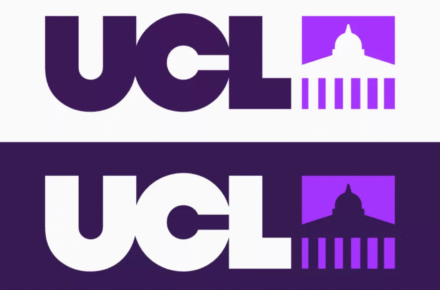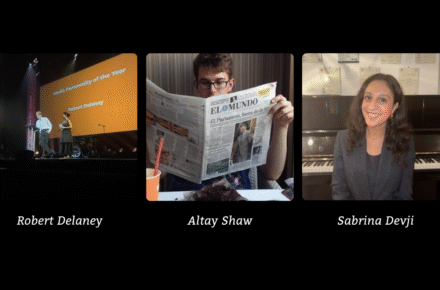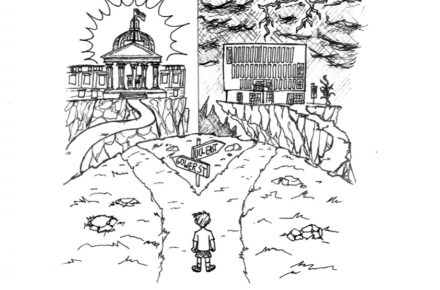Mayra Nassef, Ishita Jainer and Malvika Murkumbi
On 13 November, the Metropolitan Police, in conjunction with University College Hospital (UCH), forcibly demolished tents used by homeless people on Huntley Street near the UCL main campus.
Ironically, the hospital alleged that it did not request for the tents to be destroyed, but rather urged homeless people to change their locations due to “health concerns”. A total of ten homeless people’s tents and possessions were completely destroyed in a place which should have provided safety.
The callous and cruel act has led the Camden Councillor Pat Callaghan to call for an investigation into the Metropolitan Police’s conduct. Yet one thing is clear and does not require any further investigation: this was an absolute travesty that represents systemic inaction towards homelessness in the area around UCL.
It is perhaps not a surprise that these events occurred after ex-Home Secretary Suella Braverman’s incendiary remarks saw her claim homelessness to be a “lifestyle choice”. The ex-Home Secretary’s remarks were not only an inhumane degradation of those sleeping rough, but also absolved the government of all responsibility in caring for its most vulnerable citizens.
When Layla Quaedvlieg, the Publicity Officer at the UCL Student Action Against Homelessness (UCLSAAH), was asked by The Cheese Grater if they thought the severity of the action was prompted by Braverman’s comments, she told us that Braverman’s “tweets were disgraceful, but unfortunately the opinion of more people than we would like to think.”
Quaedvlieg also stated that the decision to camp outside the Grafton Way Building on Huntley Street was likely circumstantial, as the space is “covered by a roof, not on the main road,” in a “relatively safe area.” She added that they were ”fairly sure that the reason there was such a crowding of tents on that particular street was because the UCH building has a vent that releases hot air, providing the tents with more warmth”.
Elaborating further on the vicious way in which homeless people have been treated around UCL, Quaedvlig acknowledged that “the dispersal, if proved to be presenting a serious threat to the hospital, may be understandable from a policing perspective. However, what we most firmly disagree with is the extreme and unjust disposal of property with little notice and no alternative accommodation options for the people affected”.
Unfortunately, however, such spiteful responses to homelessness go beyond just the Met Police. Braverman’s plans when she held office as Home Secretary included adding clauses into the criminal justice bill to minimise the amount of tents in public spaces, including ones placed in front of shops.
Once again, the opportunity to provide solutions to actually combat the issue of homelessness are being ignored by those who are in the position to enact change. Braverman’s policy proposals also fall in line with the misguided idea that being homeless is somehow a “choice” – which, obviously, it is not. Red herrings are consistently being used to blame homeless people entirely for their own condition, with no offerings of support or aid being provided.
Between July and September 2023, 279 individuals in Camden were stated to be homeless (a figure that excludes those who are staying in temporary accommodations). Such a statistic is not only harrowing, but also reflects a troubling increase in the homeless population of Camden.
Indeed, Quaedvlieg pointed out that “even without reading the statistics, I think we can all agree there has been a visible increase in how many homeless people we see day-to-day, not only in our area but everywhere in London, and the UK.”
This rise in rough sleepers has occurred in concurrent to the cost of living crisis, marked by soaring rents and rising food prices. The unaffordability of essential human necessities, like shelter and food, has pushed more people into homelessness and abject poverty. It is therefore shocking to witness an area that should be a place of refuge – a hospital (linked so heavily to our University) – to partake in such an action against vulnerable rough sleepers.
In light of this upsetting incident, UCL SAAH wanted to emphasise the fact that they organise regular outreach events to offer support to those suffering homelessness in the area. Quaedvlieg confirmed that they provide “food and drinks” to those in need, and are currently planning to introduce “care packages” that would include essential products such as menstrual products and warm clothes. They also collaborate with bigger organisations such as “Shelter from the Storm”; on the 16th of November 2023 they raised over £400 for the charity in a joint event with the UCL Baking Society.
This points to some really promising signs coming from organisations within UCL, but there’s still a long way to go to alleviate homelessness in a more permanent sense both around campus and beyond.
Unfortunately, the dehumanisation of homeless people lies at the root of many of the malicious actions taken against them. Students at UCL can contribute to the de-stigmatisation and support of rough sleepers by joining UCL SAAH alongside showing support to local initiatives and organisations tackling the issue. Quaedvlieg stated that the least we can do as students on a daily basis is to “treat homeless people like humans”, “don’t just avert your eyes – a smile can go a long way. They aren’t unfriendly, they are just regular people.”









